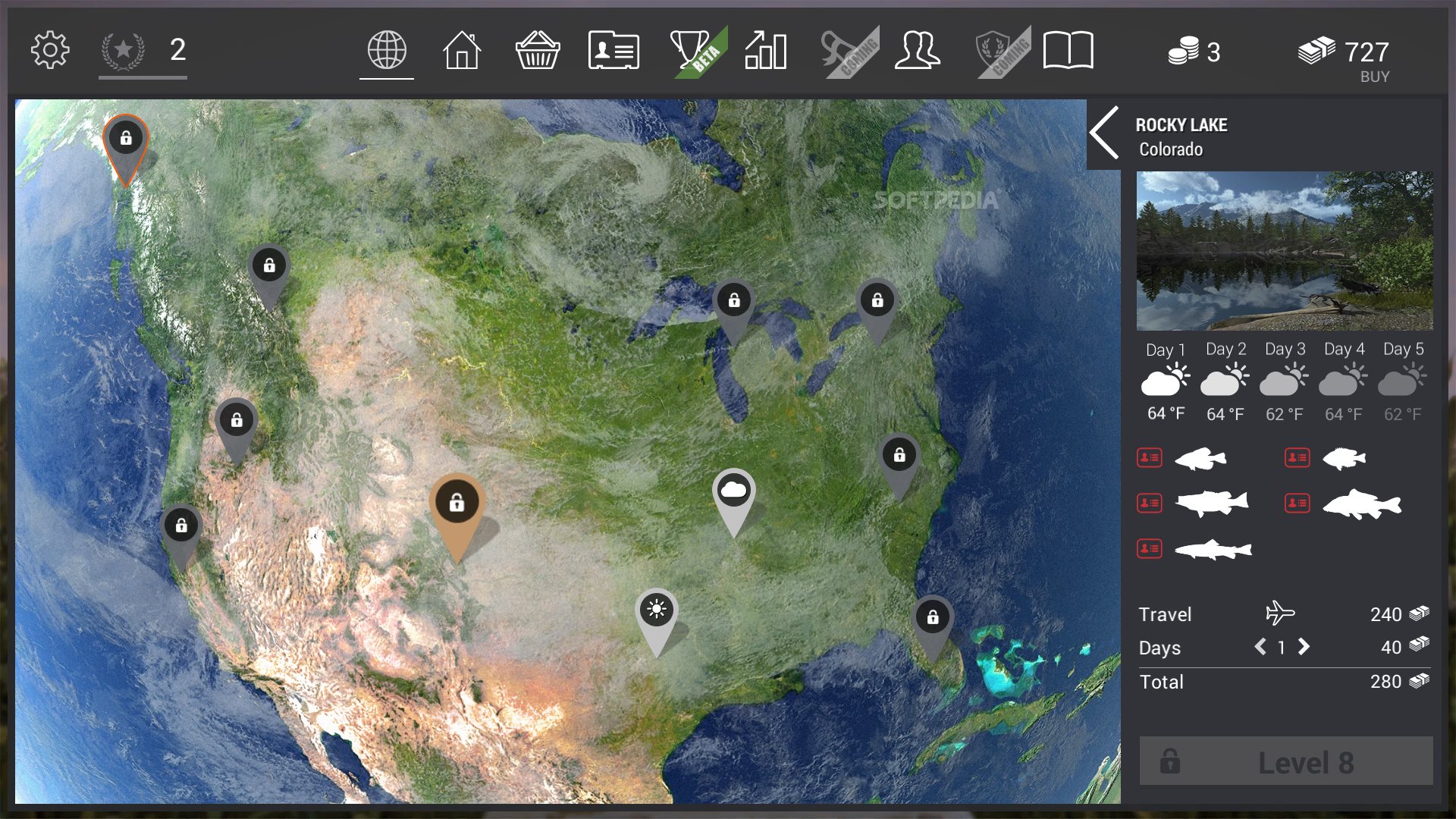

IUU fishing therefore puts fish stocks under additional pressure. However, the main reason why IUU fishing is a particularly critical issue today is that many fish stocks have already been overexploited by legal fishing activities. It also pays little or no heed to fisheries management plans which are intended to conserve overexploited or depleted stocks. IUU fishing also exacerbates the problem of overfishing because IUU vessels even operate in marine protected areas where a total fishing ban has been imposed. Based on the assumption that less fish is being caught than is in fact the case, experts overestimate the size of the stock and set the following year’s catch quotas too high, potentially entrenching and accelerating the overexploitation of the stock. This is problematical, for unless the IUU share is factored into the calculations, the legal catch quotas for a given maritime region cannot be determined correctly. These catches are additional to the world annual catch of fish and other marine fauna, currently 78.9 million tonnes.įor many years, however, too little account was taken of IUU fishing in estimates of fish stocks. Some experts put the annual figure at around 11 million tonnes others suggest that it may be as high as 26 million tonnes – equal to 14 or 33 per cent respectively of the world’s total legal catch (fish and other marineįauna) in 2011. As this is a black market, however, estimates are bound to be unreliable. Researchers are engaged in the painstaking process of collating data from various countries’ fisheries control agencies, experts’ estimates, trade figures and the findings of independent research expeditions in order to arrive at an approximate figure for the total IUU catch. It is difficult to estimate precisely the total catch from pirate fishing. Nowadays, the world’s fish stocks are not only under threat from intensive legal fishing activities they are also at risk from illegal, unreported and unregulated (IUU) fishing. Unscrupulous fishing worsens the problems


 0 kommentar(er)
0 kommentar(er)
